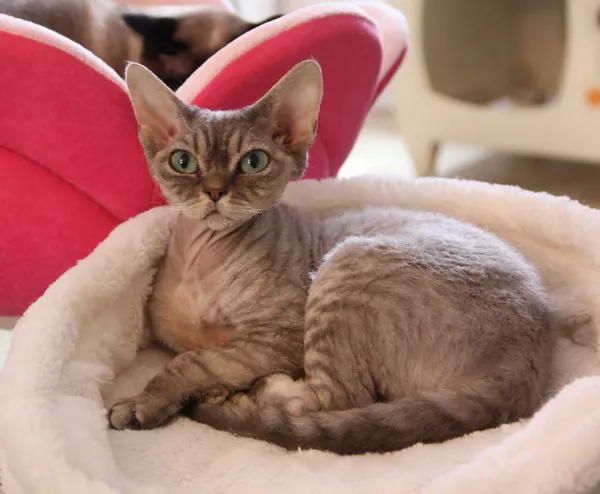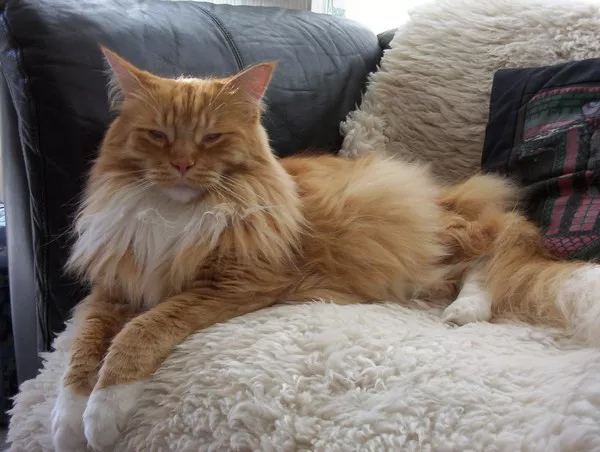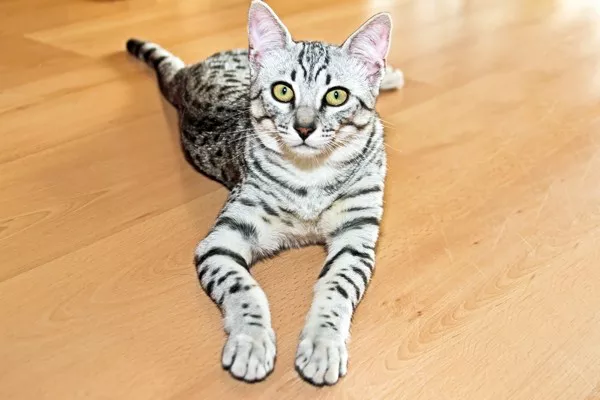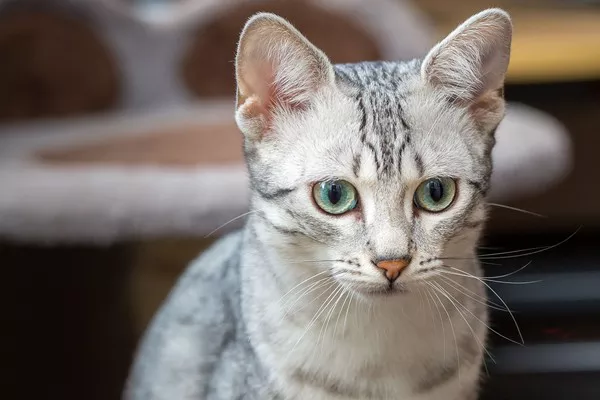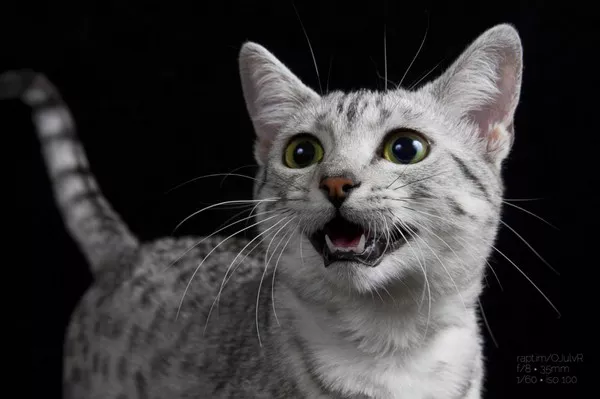In the vast kingdom of feline companions, the Devon Rex cat stands out as a distinct and captivating breed. With its large ears, striking eyes, and distinctive curly coat, the Devon Rex possesses a unique charm and personality that has endeared it to cat lovers worldwide. But beyond its distinctive appearance, many prospective pet owners wonder: Are Devon Rex cats good family pets? In this article, we delve into the characteristics, temperament, and suitability of the Devon Rex as a family companion, exploring the factors that make them great additions to households of all shapes and sizes.
A Brief Introduction to the Devon Rex Breed
The Devon Rex is a relatively rare and distinctive breed of cat that originated in England in the 1960s. Known for its unusual appearance and playful personality, the Devon Rex is characterized by its large ears, short curly coat, and striking eyes, which give it a unique and endearing look.
Despite its name, the Devon Rex is not related to the Cornish Rex or the other Rex breeds. Instead, its distinctive curly coat is the result of a natural genetic mutation that occurred in the Devon region of England. Since its discovery, the breed has gained popularity among cat enthusiasts for its affectionate nature, lively demeanor, and unique physical features.
Temperament and Personality Traits: What to Expect
One of the defining characteristics of the Devon Rex breed is its friendly and affectionate temperament. Devon Rex cats are known for their outgoing and sociable nature, making them excellent companions for families with children, other pets, or individuals seeking a devoted and interactive feline friend.
Devon Rex cats are highly social animals that thrive on attention and companionship. They enjoy being in the company of their human family members and are often described as “people-oriented” cats that form strong bonds with their owners. Whether curling up in a lap for cuddles or following their humans around the house, Devon Rex cats love being at the center of the action and are happiest when surrounded by those they love.
Playful and Energetic: Keeping Up with the Devon Rex
In addition to their affectionate nature, Devon Rex cats are known for their playful and energetic personalities. These cats have a natural curiosity and love to explore their surroundings, whether it’s climbing to new heights, investigating nooks and crannies, or engaging in interactive play with toys and household objects.
Devon Rex cats have a youthful exuberance that lasts well into adulthood, making them ideal companions for families with active lifestyles or children who enjoy interactive play. They thrive in environments where they have plenty of opportunities for mental and physical stimulation, whether it’s through puzzle toys, feather wands, or interactive games that engage their natural hunting instincts.
Adaptable and Easygoing: Suited for Family Life
One of the reasons why Devon Rex cats make excellent family pets is their adaptable and easygoing nature. These cats are known for their laid-back demeanor and ability to adjust to new environments and routines with ease, making them well-suited for households with children, other pets, or busy lifestyles.
Devon Rex cats are not known to be particularly territorial or possessive, and they generally get along well with other pets, including dogs and other cats. They are often described as “dog-like” in their behavior, enjoying interactive play and forming close bonds with their human and animal companions alike.
Grooming and Care: Maintaining the Devon Rex Coat
Despite their unique appearance, Devon Rex cats are relatively low-maintenance when it comes to grooming. Their short, curly coats require minimal grooming compared to other long-haired breeds, making them an attractive option for families seeking a cat that is easy to care for.
While Devon Rex cats do shed, their shedding is generally minimal, and regular brushing is usually sufficient to keep their coats looking neat and tidy. Additionally, because their coats lack an undercoat, Devon Rex cats are less prone to matting and tangling, further reducing the need for extensive grooming.
Health Considerations: Understanding the Breed’s Health
Like all cat breeds, Devon Rex cats are prone to certain health issues that prospective owners should be aware of. While the breed is generally considered healthy and robust, there are a few genetic conditions that are known to occur more frequently in Devon Rex cats, including:
Hypertrophic cardiomyopathy (HCM): A heart condition that can lead to heart failure if left untreated.
Patellar luxation: A condition in which the kneecap dislocates from its normal position, causing lameness and discomfort.
Skin conditions: Some Devon Rex cats may be prone to skin problems, such as dermatitis or seborrhea, due to their unique coat texture.
While these health concerns are relatively rare and may not affect all Devon Rex cats, it’s essential for prospective owners to be aware of them and to work closely with a reputable breeder or veterinarian to ensure that their cat receives proper care and preventive measures to minimize the risk of health issues.
Finding the Right Fit: Choosing a Devon Rex as a Family Pet
In conclusion, Devon Rex cats possess a unique combination of qualities that make them excellent family pets. Their friendly and affectionate nature, playful personality, and adaptable temperament make them well-suited for households of all shapes and sizes, from single individuals to families with children and other pets.
When considering adding a Devon Rex to your family, it’s essential to take the time to research the breed thoroughly, understand its unique characteristics and care requirements, and find a reputable breeder or rescue organization that prioritizes the health and well-being of their cats.
By choosing a Devon Rex as a family pet, you’re not just welcoming a beloved companion into your home—you’re embracing a unique and charming breed that will enrich your life with its affectionate nature, playful antics, and unwavering loyalty for years to come.

